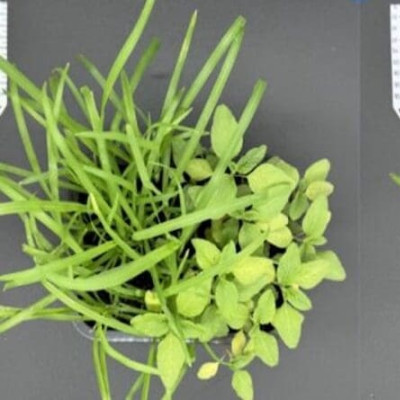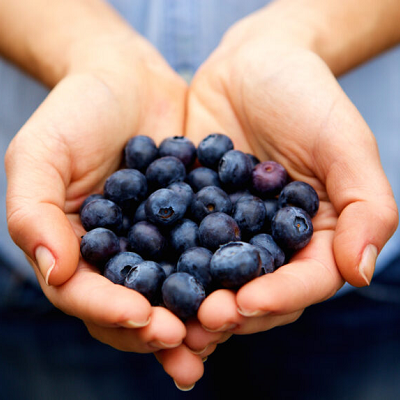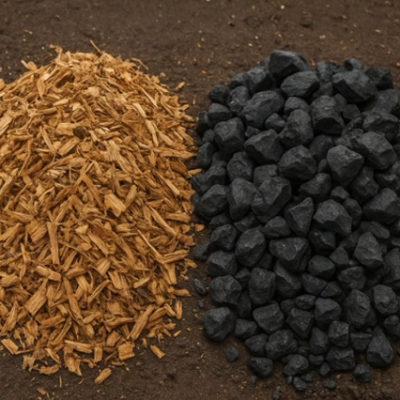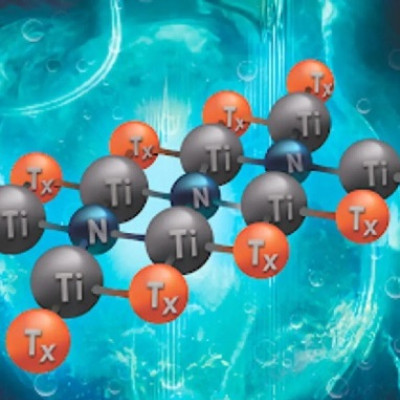A team of researchers at IIT Kanpur has developed novel nanoparticles that can protect agricultural crops from fungal and bacterial infections. The team, led by Santosh K Misra, and Piyush Kumar from the department of biological sciences and bioengineering at IIT-Kanpur has developed the novel nanoparticle-based bio-degradable-carbonoid-metabolite (BioDCM), in collaboration with researchers C Kannan and Divya Mishra from ICAR-Indian Institute of Rice Research, and R Balamurugan and Mou Mandal from the School of Chemistry, University of Hyderabad.
This is the second such innovation in the agriculture sector since last year from IIT Kanpur. Last year, out of the 107 patents filed by the institute, one path-breaking invention was the Bhu-Parikshak soil-testing device that significantly reduces the time required for testing soil in the lab.
The latest invention acts as a shield to protect the crops, especially rice crop from infection and diseases. “The invention of these novel nanoparticles would lessen the worries of crop infection and give boost to crop yield,” said Abhay Karandikar, director of IIT Kanpur.
The technology is a protective biological alternative that can be used to enhance crop protection against various diseases in agricultural field. Some key advantages of the invention are:
– Precise target action
– Can be active at low concentration
– Has similar advantages such as chemical pesticides but safe and biodegradable, unlike them
– Can offer multiple actions, e.g. – bio pesticide, phyto-stimulants, etc.Fast in action as it is applied in bioactive forms
– The bio formulation protects the active compound from high temperature.
Natural products are in great demand for plant protection in organic agriculture and export-oriented products. The bio-formulation is of non-toxic nature, eco-friendly, easily degradable and is established to be a potent natural inhibitor in suppressing the growth and development of soil-based plant pathogens, including fungi and bacteria. The novel particle helps the crops to defend themselves by eliciting defence mechanisms and thus ensuring better farm productivity.
Read the original article on The Financial Express.







